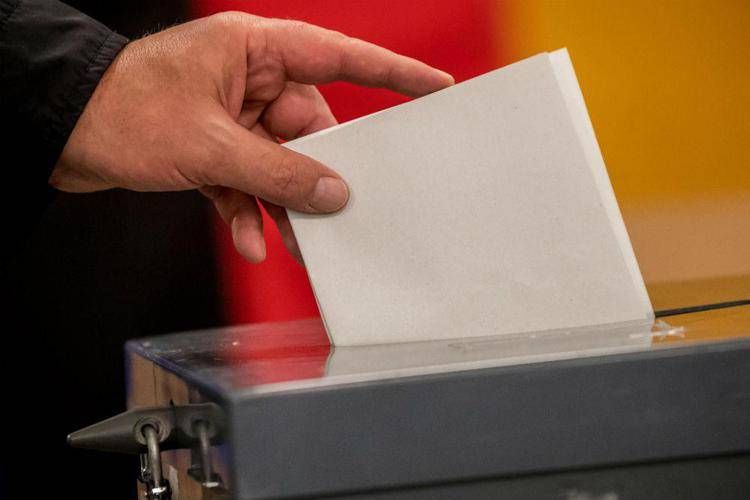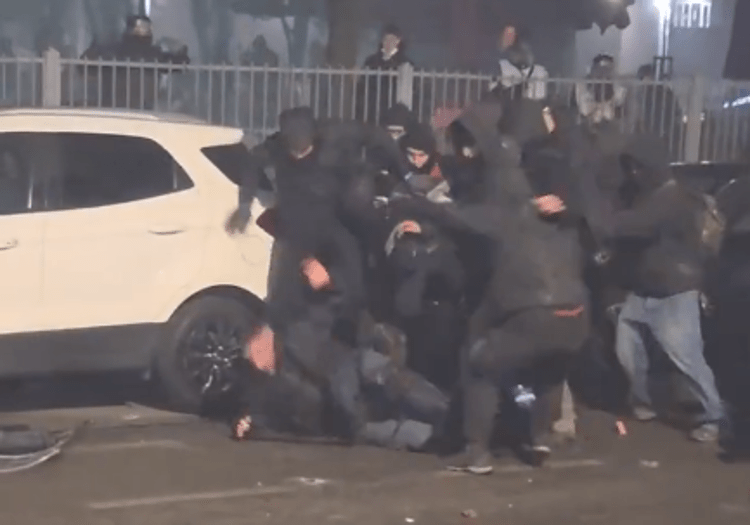
Germany prepares for the polls: Munich attack weighs on tense election campaign
The rise of the far-right Afd party is worrying. Seven parties are running for the leadership of the country. The Munich bombing further complicates an already heated contest
On 23 February, German citizens will be called upon to choose their new government, an event that promises to be crucial for the country’s political future. The crisis erupted last 16 December, when the Bundestag challenged Chancellor Olaf Scholz, marking the end of his mandate and leaving Germany without stable leadership at a particularly difficult time.
The elections will be held in a single round and will see a tight contest between the seven main parties, in a context aggravated by the recent attack on Bavarian soil. The attack in Munich, in which a young man of Afghan origin drove his car into a demonstration of the Ver.Di trade union, has shaken public opinion and cast heavy shadows on internal security, already a hot topic in this election campaign.
The contesting parties: a divided country
The political scenario is fragmented. Among the candidates are prominent personalities representing the main political currents in Germany. The Social Democrats (SPD) of Olaf Scholz, who is attempting to return to the chancellery after the no-confidence vote, find themselves in a critical situation, forced to face the advance of the Alternative für Deutschland (AfD), an extreme right-wing party that has seen a worrying growth in the polls, fuelled by fear linked to migration issues and frustration towards the establishment.
The Cdu-Csu, traditionally the main centre-right party, presents itself with Friedrich Merz at the head, in a strong position in the polls. At his side are the Greens, represented by the couple Annalena Baerbock and Robert Habeck, who are trying to retain their environmentalist electorate.
From the left, Die Linke, represented by Jan van Aken and Heidi Reichinnek, is facing a new rival, the Bündnis Sahra Wagenknecht (BSW), born of the internal split headed by Sahra Wagenknecht herself. The party presents itself as a populist formation, trying to gather support among voters disillusioned with traditional politics.
Christian Lindner’s Liberal Party (Fdp) is in trouble, risking failing to pass the 5% threshold and being excluded from the Bundestag.
Polls and tense climate: Munich violence comes into play
According to the latest polls, the Cdu-Csu remains in the lead with 29% of the vote, followed by the AfD with 23%, establishing itself as an increasingly dangerous political force for Germany’s democratic balance. Scholz’s SPD seems to be struggling, with a modest 15%, while the Greens remain around 13%. Wagenknecht’s movement, BSW, stands at around 6%, while Lindner’s Liberals, as we said, risk exclusion with less than 5%.
THE LATEST NEWS
(Photo: © AndKronos)
-

 Primo Piano11 ore ago
Primo Piano11 ore agoGB, arrestato e poi rilasciato ex principe Andrea: accuse legate al caso Epstein
-

 Flash16 ore ago
Flash16 ore agoTentato rapimento in pista di pattinaggio a Scandicci, paura per un bambino
-

 News13 ore ago
News13 ore agoOmicidio a Scandicci: fermato uomo per la decapitazione di Silke Sauer
-

 News21 ore ago
News21 ore agoMisure cautelari Torino: 18 indagati per violenze nei cortei pro Pal





















